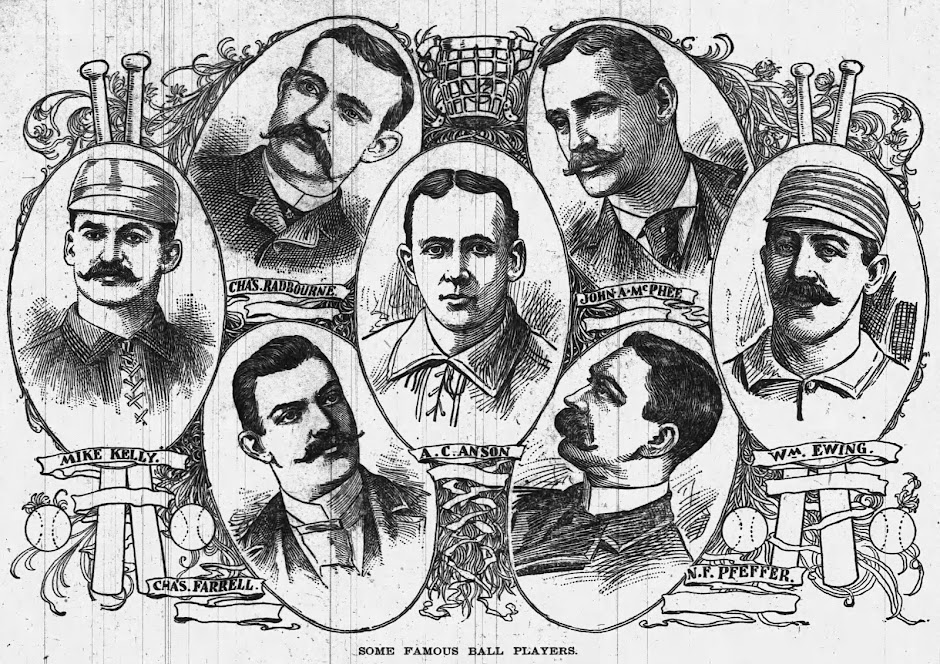While I am an unapologetic fan of the history plays and love to see them performed, I am aware of the difficulties that they present for directors and producers. Unlike the rest of Shakespeare appreciation requires some level of understanding of 15th English history which is further complicated by the inter-connectedness of the stories. The latter issue is probably of less importance for Richard II, Henry V and Richard III, but is a real concern when it comes to the multiple part Henry IV and Henry VI plays. The choices usually come down to doing each of the plays or some form of conflation - that is consolidating the multiple parts into one play. Like anything else conflating can be done well or poorly. The 2003 Lincoln Center conflation of the two Henry IV plays was a masterpiece, probably the best Shakespeare I have ever seen. On the other hand the 2007 New Jersey Shakespeare Theater's conflation of the Henry VI plays into one play tried to cram too much into one performance thereby diluting (in my opinion) the quality.
Clearly there are risks in both approaches, risks that we saw very clearly in our trips to the American Shakespeare Center in Staunton, Virginia and the Actors Shakespeare Project in Boston. In Virginia we saw a stand alone performance of 2 Henry IV which is part of their doing both tetralogies over a four period. In the program Jim Warren, Artistic Director and Co-founder, wrote that "I now have no interest in conflating Shakespeare's amazing history plays" because "I believe each of these magnificent plays provides more entertainment when stage separately." Amen, I couldn't agree more. There is, however, a risk to this approach a risk at the box office. The night that we were there, the total audience couldn't have been more than 25-30 and listening to a tape of a talk given before another performance, it was noted that they expected only about 35 people that night. Part of it may be as Ralph Cohen, Director of Mission and Co-founder noted the title "is box office poison." Apparently ASC has sufficient funding from other sources to manage and thank God for that.
At the Midway Studios in Boston where we saw the Actors Shakespeare Project separate productions of both Henry IV plays, they tried to take conflation to a new level by trying to incorporate parts of the whole second tetralogy into two plays. 1 Henry IV began with a prologue from Richard II which took about 25 minutes and included portions of Bolingbroke's confrontation with Richard after the former returned from exile, the deposition scene and the last scene where Henry learns of Richard's murder. 2 Henry IV on the other hand ended with an epilogue from Henry V which included parts of scene 1, then jumped ahead to Act 2 to portray the death of Falstaff and then jumped back to Henry's tennis ball speech. This was then followed by the epilogue from the end of the play and another brief epilogue apparently written for this production. For the life of me I couldn't understand why they included the Henry V epilogue if they intended to include their own epilogue written specifically for this performance.
I guess I can appreciate what they were trying to do, but I think that the same thing could have been accomplished with a little less from the other two plays. I also think that the written background that usually accompanies productions of these plays can accomplish the same thing. In spite of all this added material, however, each performance came in between 2:30 and 2:45 which means, of course, that there were cuts from the two Henry IV plays. I think this may be one of the major risks of too much conflation. To take just one example, the Gads Hill scene was cut almost entirely to some visual action on the stage which really didn't capture Falstaff's cowardice at the decisive moment and the entire scene with Hal and Francis was eliminated. Then when they got to the great tavern scene, as far as I could tell, there was very little reaction much less laughter to what I think is one of the funniest things I have ever seen which usually produces gales of laughter in the theater. Shakespeare, no doubt, had his reasons for how he both wrote and organized his material - it may be that too much tinkering or conflation may invoke the law of unintended consequences. Always better, I think to let Shakespeare speak for himself!

No comments:
Post a Comment